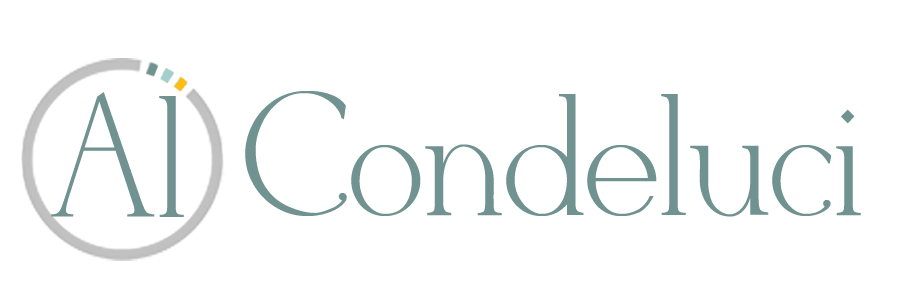Community and Diversity
/The concept of community is really a powerful element in our lives. Quite literally the term community means "with togetherness" and it does more for us than we tend to give credit. Some anthropologists suggest that community is the primary reason why human beings have not only survived, but thrived as a species. Certainly as an animal, humans lack many of the acute skills and abilities of physicality to succeed on our own and so by sharing, collaborating and cooperating everyone does better. This is the history of human success.
Think about it. In spite of our individual skills or abilities, anyone of us who have experienced success have not realized this totally on our own. Our success is a compilation of people and experiences with other people that have informed, or inspired, or challenged, or cajoled us into performance or activity that lead to the success we have enjoyed. From our parents, to teachers, to coaches, to friends, to allies, life is riddled with relationships that have made us better people.
It is this reality that has driven social scientists to come to the conclusion that life success is promoted, not just by our individual skills, but more by the social capital we have developed around us. Today researchers are convinced that all good things of life; health, happiness, advancement, achievement, and even life expectancy, are directly related to social capital. Indeed, the term "social capital" is a deliberate effort to remind us that our relationships are tangibly valuable to us.
More, we also know through research and study that the more diverse our social capital is, the more we grow or broaden in our perspective of self and life. Quite simply, when we build a relationship with someone who has some differences from us, we become more tolerant, and willing to accept or even respect their differences from us. This is an important, maybe even critical phenomena because we also know that when people have or experience key elements of difference, they are at risk of societal segregation and devaluation. The antidote for devaluation is to be included in the bigger mix, and so with an inclusive agenda for community, we have an interesting and powerful paradox.
In a simple way this means that people who are different or outside of the community "norm" are at risk of devaluation and segregation. This happens in a variety of situations, some direct, others more subtle, where people who have some difference from the norm are formally offset. Yet, when diverse people are welcomed into the greater mix of community, everyone is better off, and grows.
To this end, diversity in community becomes an important variable in promoting a better, more successful collection of people. That is, when people who have some significant difference from each other (age, race, lifestyle, disability, poverty, etc.) come together around things they have in common, good things happen for everyone. In this regard, inclusive community should become a goal for all of us. Essentially diversity and connectedness makes us a better community.
So, where do we start? How do we shape an inclusive community? It would seem that the very first step in this process is to think about the elements to a more inclusive community and begin to reach out. Every journey starts with the first step. Take time now to reach out to people around you who are different.
